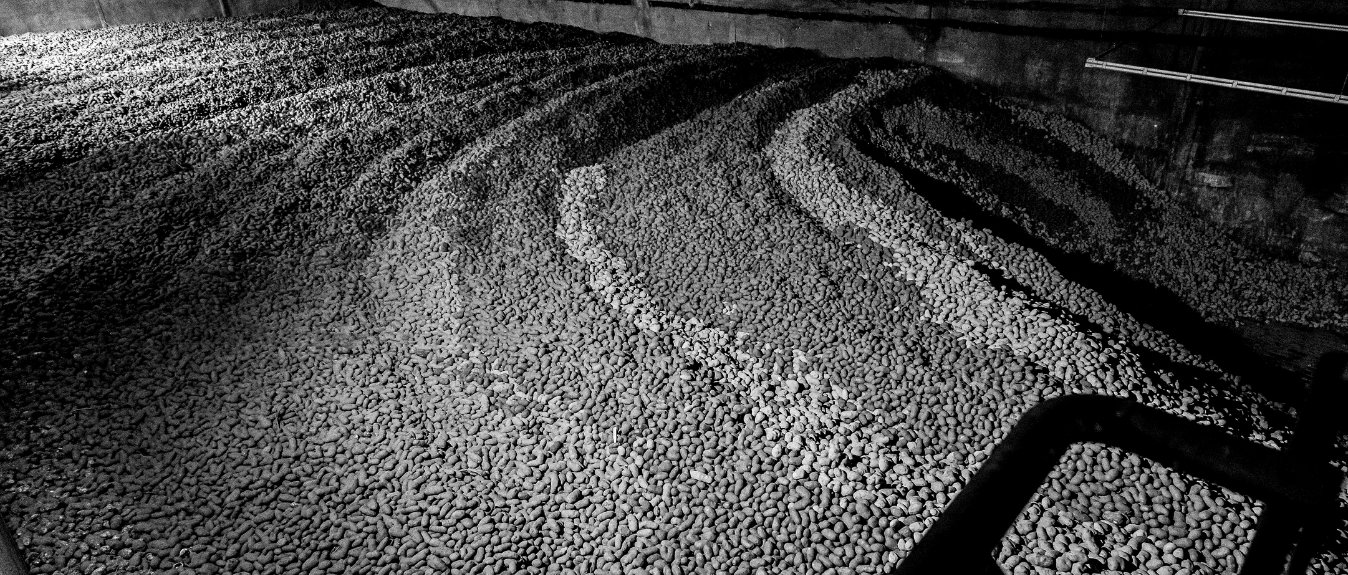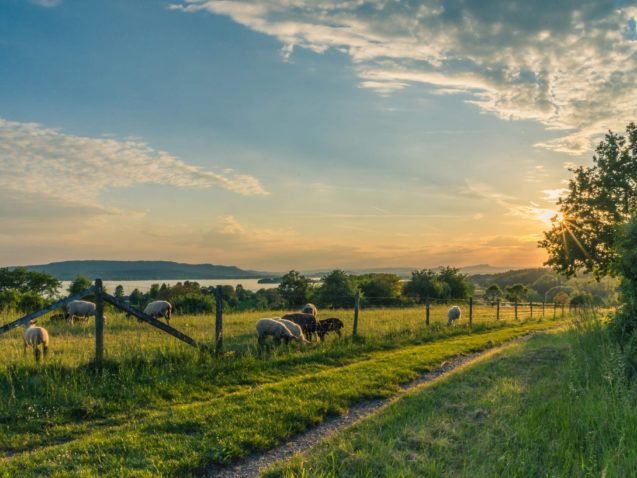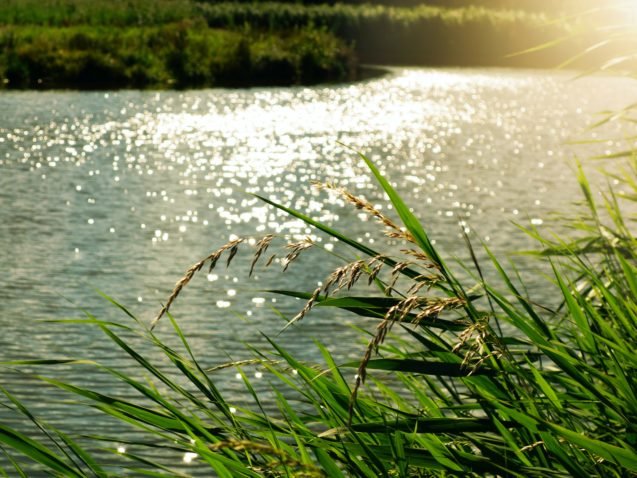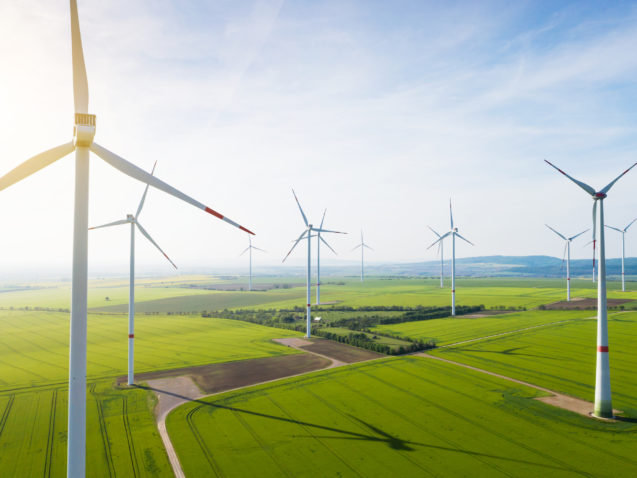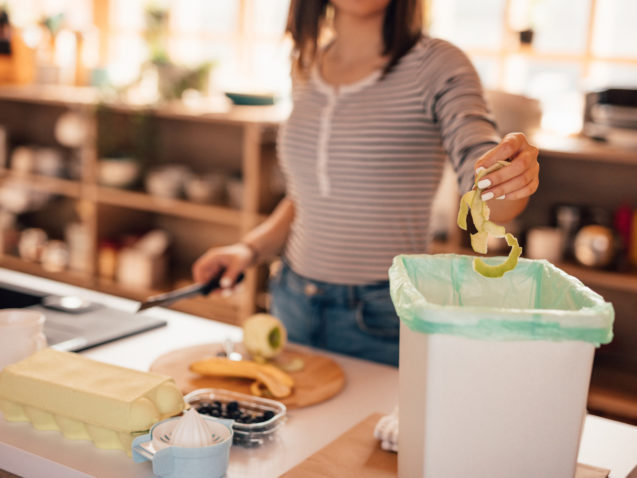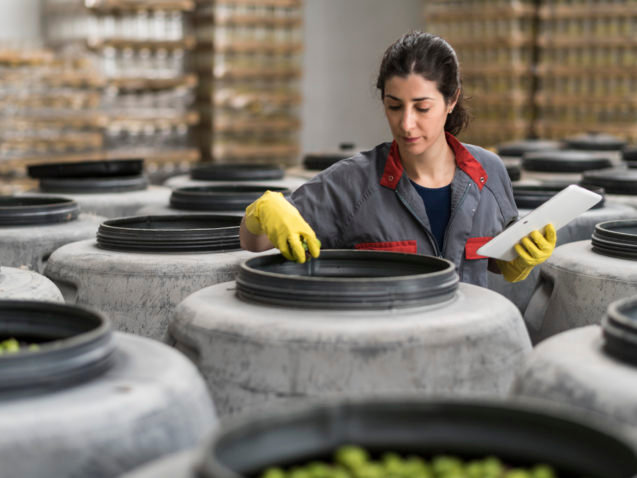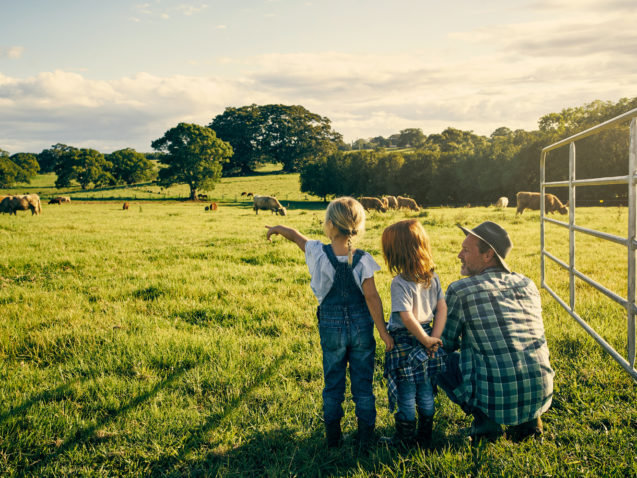There are currently hundreds of thousands of #FoodHeroes working to grow, harvest, manufacture and transport food and drink to our supermarkets in the face of the Covid-19 pandemic. Reporter Tom Levitt has written this great piece about one such hero, French potato farmer Benoit Vandenbossche, and his role in the food supply chain.
That objective was reinforced after World War II as Benoit’s father began to take over the responsibility for sustaining the stomachs of a recovering postwar nation.
Today, the expectations are changing. Society wants food to be produced sustainably, with fewer pesticides and a lower environmental footprint. But for Benoit, the coronavirus outbreak has been a stark reminder of those wartime years and the importance of that ancestral role in maintaining the production and supply of food whatever the crisis.
Coronavirus has been a stark reminder of the wartime years and the importance of keeping the production and supply of food going whatever the crisis
“People today don’t think about where food is going to come from. That’s a real problem for us. As a farmer my father was feeding the world, today we don’t know what society wants. But we hope [the coronavirus crisis] will see people begin to understand and appreciate where their food comes from and that it is still there for them in a crisis. That could be a good side of a really bad thing.”
For now that means “going into the field and doing our job because we will still need to feed people next year”, says Benoit.
He harvests around 2,500 tonnes of potatoes every Autumn, which he then sells to the food company McCain – enough for it to make more than 12 million portions of french fries.
While the covid-19 is in the minds of everyone today, Benoit has two other significant and long-running challenges he must manage to ensure his farm can continue to produce potatoes every year: climate change and disease.
Bucquoy may be in the best region for growing potatoes in France, but damagingly-long droughts and high temperatures have forced growers to look to irrigation and new drought-tolerant potato breeds. In 2018, Benoit and other farmers across Europe were left with smaller yields and smaller potatoes after record-breaking Summer temperatures and a lack of rainfall.
“Five to ten years ago we could grow potatoes without irrigation, but that’s not the case anymore,” said Benoit. “During drought the potato stops growing and its leaves become lifeless as it does everything it can just to try to survive in the climate.”
The problem is compounded for Benoit if the potatoes later start to grow again and develop a second generation of tubers. Such an outcome makes the potato less suited for processing into french fries, crisps or other products.
“The key for my future I know is to adapt to the climate. We are changing our way of working. I still think I will be able to grow potatoes in this region of France in the future, but I’m not so sure about peas anymore because of the higher temperatures and drought.”
The key for my future is to adapt to the climate. We are changing our way of working
When it comes to disease, the big threat to potatoes is late blight, a particular risk during periods of high temperature and humidity. While he can’t eliminate the risk of late blight, Benoit has managed to reduce his use of pesticides through a digital mapping tool. This assesses crop, environment and climatic data so that Benoit knows when he needs to apply chemicals to protect the potatoes.
“Before pesticides, my ancestors could lose everything when we had late blight. Then because it was so important [once we had pesticides] we were spraying every 5-7 days. Now, with technology, I can go 2-3 weeks without spraying at all.”
Whether it’s extreme drought, the outbreak of war, disease or the coronavirus, Benoit and his forefathers have continued growing potatoes to feed a nation. Whatever life throws at him and his children, who he expects to take over the farm, they are ready to adapt. “Yes, we have challenges, but what could be better? Farming is a very good job. You are in nature and making plants grow.”


